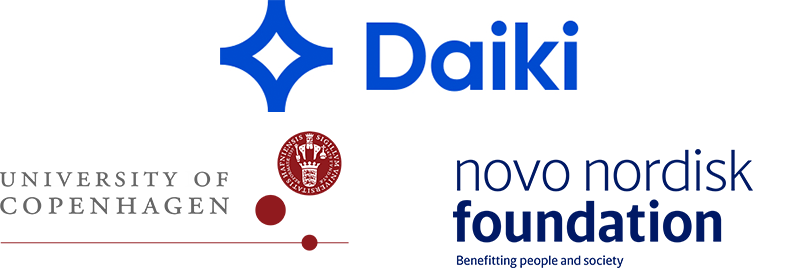2nd Annual Stanford Responsible Quantum Technology Conference
Responsible Quantum Simulation
The 2nd Annual Stanford Responsible Quantum Technology Conference celebrates the launch of the Stanford Center for Responsible Quantum Technology. This year’s conference prioritizes topics not previously considered -including Responsible Quantum Simulation- as part of broader efforts supporting responsible quantum innovation. Quantum simulation enables the study of quantum systems by utilizing another quantum system that operates under the same rules. Use cases are rapidly making their way to the markets and their expected societal impact urges us to proceed responsibly. Sectorially, we’ll apply the RQT framework to the life sciences and healthcare industries.
RQT 2.0 is an interdisciplinary, in-person law conference including presentations on quantum mechanics, quantum cryptography, quantum algorithms, national security, export controls and critical mineral supply chains, responsible quantum technology frameworks, antitrust, intellectual property, standardization & certification, product safety and liability, (self)regulation, ethics, quantum in life sciences, and the industry panel uncovering their use cases and innovations.
Bringing the quantum community together within an inclusive quadruple helix of academia, regulators, industry and end users, our Stanford RQT Conference delivers insights and actionable recommendations on how, where, & when to address identified promises and perils of quantum and AI, on the global scale. The RQT Center and its Conference seek to ensure that quantum research and innovation efforts meet societal demands, guided by a framework for Responsible Quantum Technology.
In addition to the technical topics, the conference will include quantum- and art-inspired live physics experiments, fractal art, musical interludes, and opera as part of the social program.
The conference is hosted by the Stanford Center for Responsible Quantum Technology and is supported by Daiki, the University of Copenhagen’s Centre for Advanced Studies in Bioscience Innovation Law (CeBIL) and the Novo Nordisk Foundation Inter-CeBIL Program.


